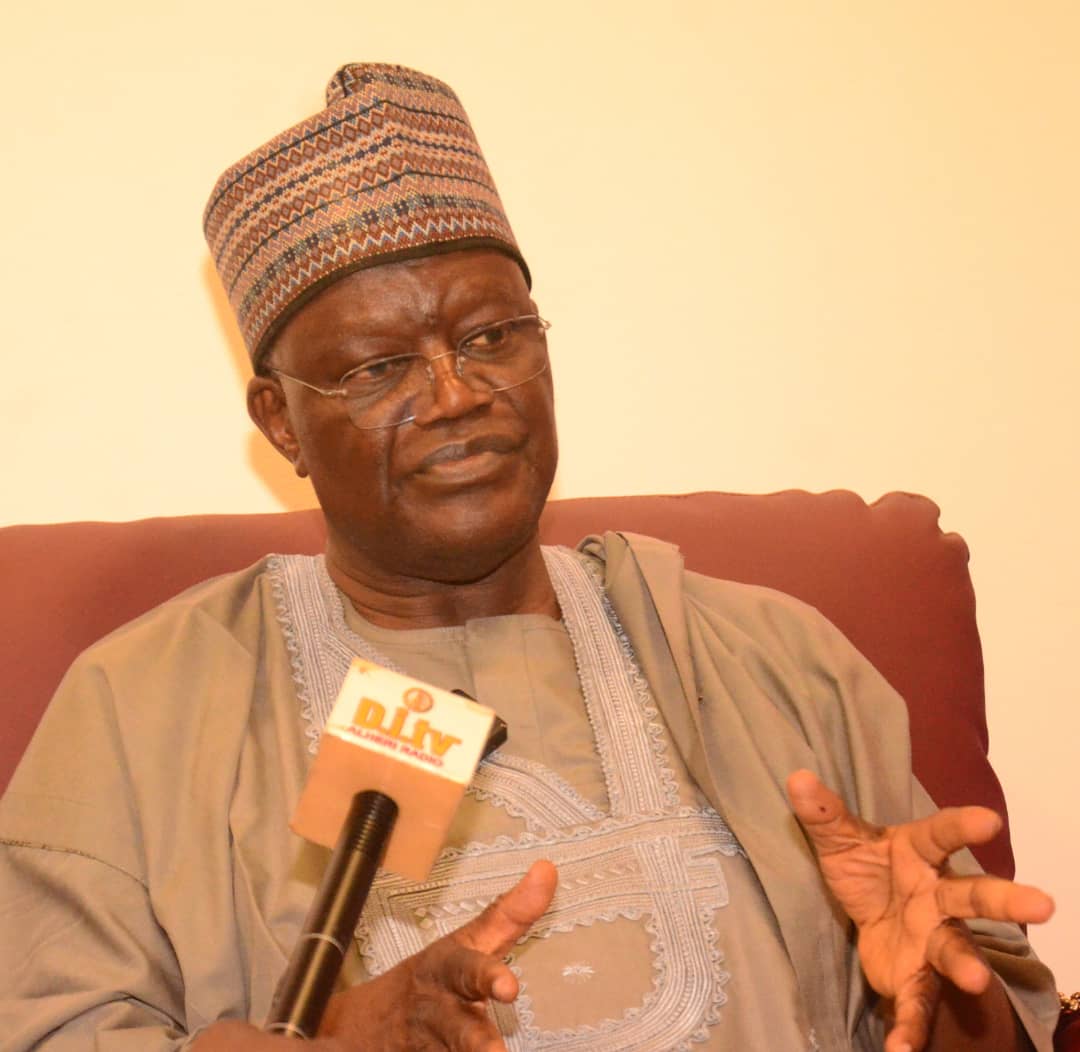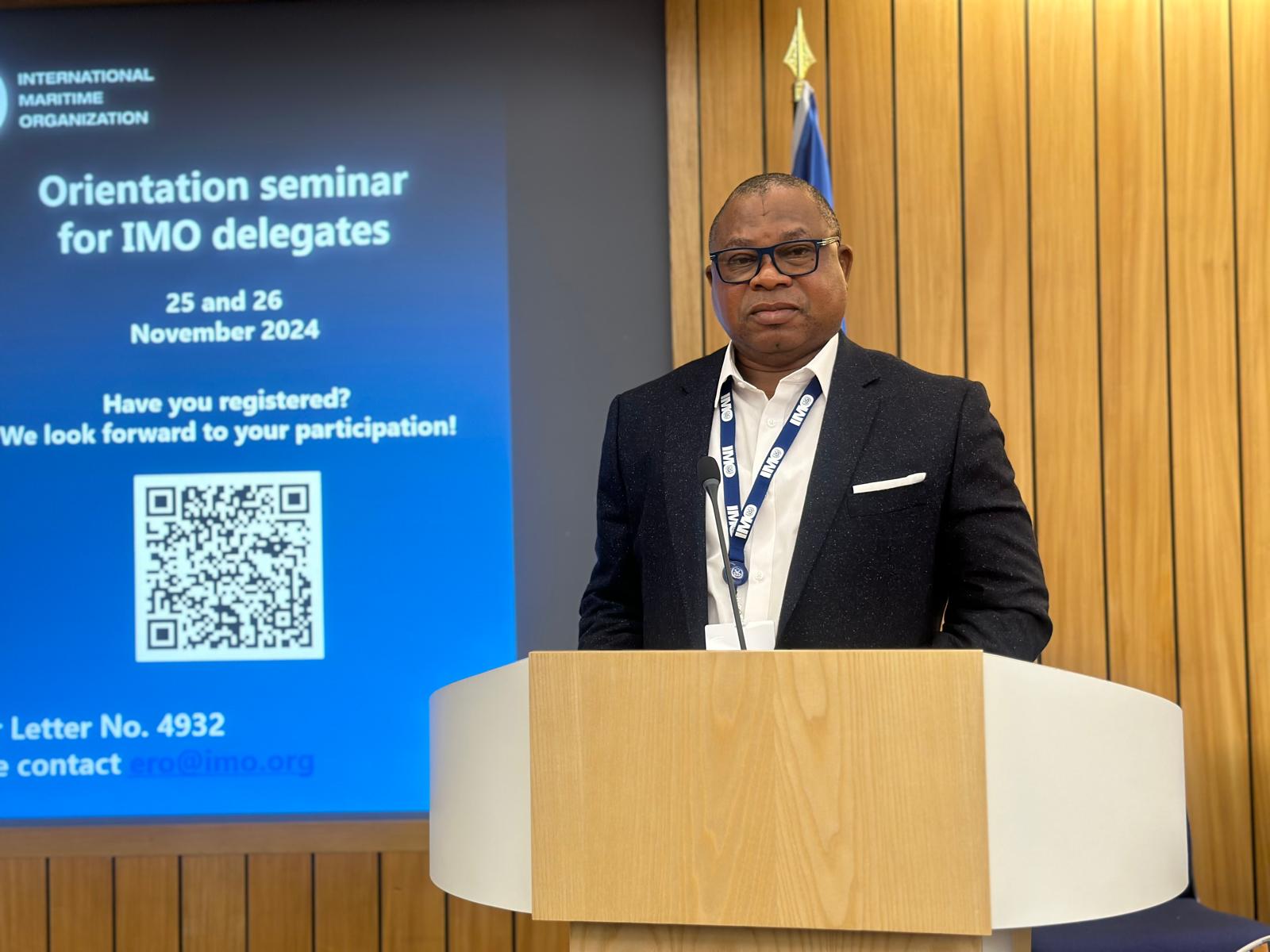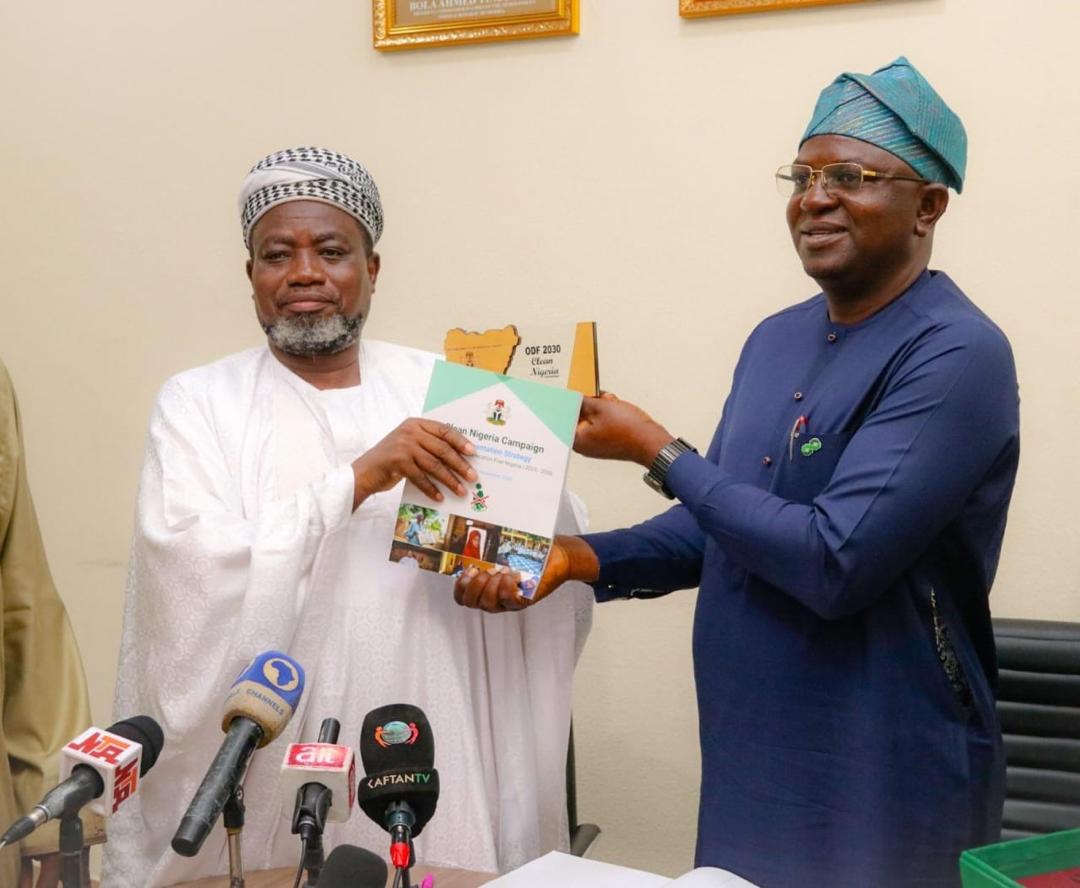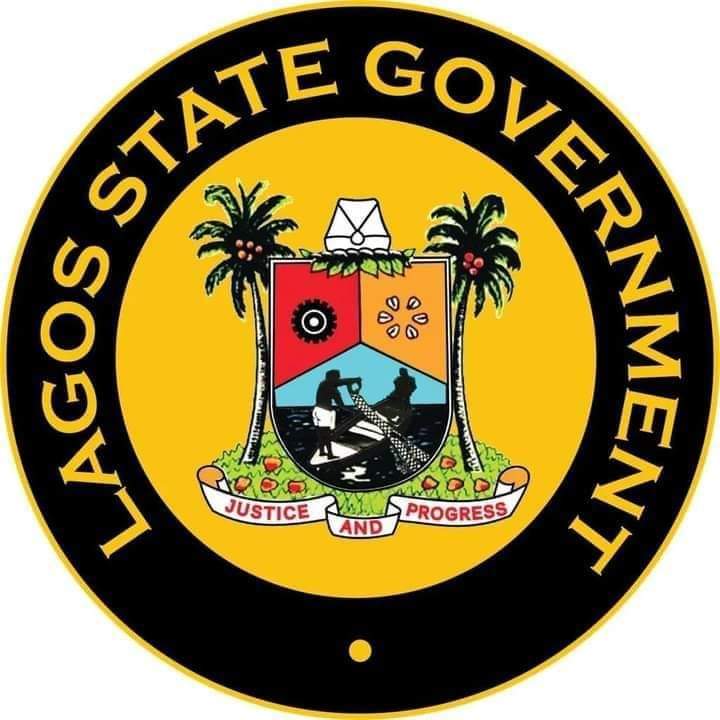FG Reaffirms Commitment to Global Biodiversity Goals, Launches Revised NBSAP 2025–2030

By Fatima Saka
Abuja, Nigeria – The Federal Government of Nigeria has formally validated the country’s revised National Biodiversity Strategy and Action Plan (NBSAP) for the 2025–2030 period, reaffirming its strong commitment to global biodiversity conservation under the Kunming-Montreal Global Biodiversity Framework (K-M GBF).
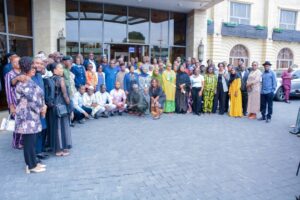
Speaking at the NBSAP Validation Workshop held on Wednesday in Abuja, the Honourable Minister of Environment, Malam Balarabe Abbas Lawal, represented by Dr. Amah Moses, Director of the Forestry Department, emphasized the critical importance of aligning national biodiversity strategies with international commitments.
“In 2022, Nigeria played a pivotal role in negotiating the Global Biodiversity Framework in Montreal. Many of our priorities were successfully integrated into the final agreement. Now, we must match that leadership with determined national implementation,” Dr. Moses stated.
He lauded the updated NBSAP as a comprehensive and ambitious roadmap that includes 23 national targets aligned with global biodiversity goals, aiming to halt and reverse biodiversity loss by 2030. He highlighted Target 1 as particularly transformative: “By 2030, all areas are effectively managed to bring loss of areas of high biodiversity importance close to zero.”
“Our ecosystems are fundamental to food security, health, water availability, and climate resilience,” Dr. Moses noted. “The wellbeing of all Nigerians depends on the health of our environment.”
The Permanent Secretary of the Federal Ministry of Environment, Mahmud Adam Kambari, in his welcome remarks, hailed the validation workshop as a critical milestone in Nigeria’s environmental governance.
“This is more than a document, it is a call to action. Biodiversity is the bedrock of our economy and our cultural heritage. This plan reflects our shared vision and resolve to build a resilient and ecologically sustainable Nigeria,” Kambari said.
He urged participants, including policymakers, environmental experts, civil society actors, and development partners to actively contribute to shaping the plan into actionable policies that balance conservation with national development goals.
The revised NBSAP was developed with input from a broad spectrum of stakeholders across government, civil society, and academia, following a whole-of-society approach. According to the concept note presented by Sikeade Egbuwalo, Nigeria’s National Focal Point to the Convention on Biological Diversity (CBD), the plan is rooted in national realities and represents a whole-of-government policy direction.
“The updated NBSAP is not only a national obligation under the CBD but a strategic tool to secure our land- and seascapes for future generations,” the concept note reads.
As Nigeria embarks on the implementation phase of the 2025–2030 NBSAP, the Federal Government has called on all stakeholders to demonstrate collective will and persistent effort in translating strategy into measurable outcomes.
READ ALSO: HEDA Petitions EFCC Over Alleges £400,000 Illicit Transfer by Senator Katung, Demand Probes
Key Highlights of Nigeria’s Revised NBSAP 2025–2030:
23 National Biodiversity Targets aligned with global goals
Focus on halting and reversing biodiversity loss by 2030
Whole-of-government and whole-of-society approach
Integration with national development and climate strategies
With the official validation of the updated NBSAP, Nigeria positions itself as a regional leader in biodiversity conservation, determined to meet international environmental obligations while safeguarding its rich natural heritage.

